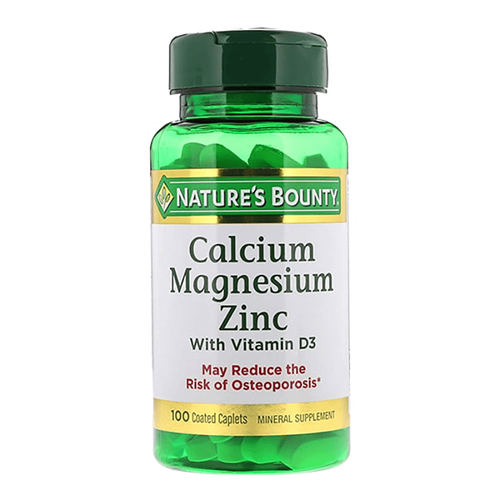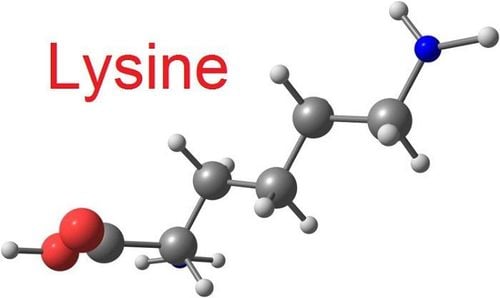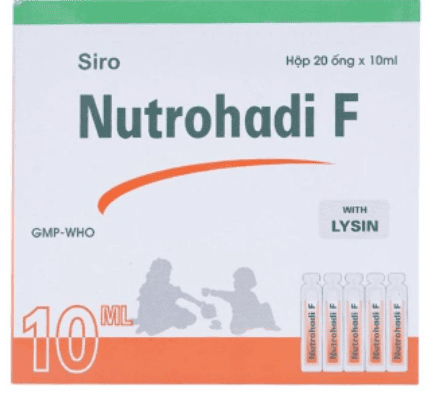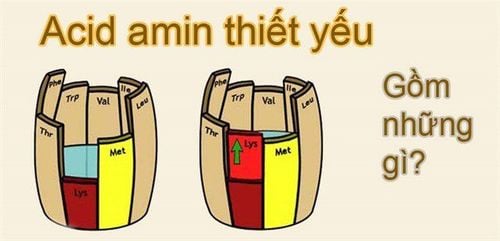This is an automatically translated article.
The article is professionally consulted by Master, Doctor Nguyen Minh Tuan - Pediatrician - Department of Pediatrics - Neonatology - Vinmec Danang International General Hospital.Zinc is essential for the functioning of the immune system. People with zinc deficiency are more prone to infections, colds and flu. The most common manifestations of zinc deficiency in children are growth retardation, mild and moderate malnutrition, and delayed height growth.
1. Zinc deficiency in children?
In Vietnam today, 7 out of 10 children under 5 years old have zinc deficiency and 8 pregnant women have zinc deficiency. The prevalence of zinc deficiency in pregnant women is 80.3%, women of childbearing age 63.6% and children under 5 years old is 69.4%.Currently, the Vietnamese diet is lacking in zinc-rich foods, besides the quality of each meal is quite low, and food derived from animals is lacking quite a lot.
Especially for children, who are often anorexic, when the nutritional quality is not guaranteed and anorexia, it is difficult to avoid zinc deficiency.

2. Signs of a baby zinc deficiency
The most common manifestations of zinc deficiency in children are growth retardation, mild and moderate malnutrition, delayed height growth,...Children with anorexia or reduced appetite, reduced breastfeeding, do not eat meat, fish, slow digestion, apples mild constipation, persistent nausea and vomiting in children.
Children often have difficulty sleeping at night, waking up many times. The disease can even impair brain activity, slow sleep, paranoia, speech ataxia, taste and smell disturbances, psychomotor retardation, disability, cerebral palsy, etc. ..
Recurrent infections of the respiratory tract (rhinitis, recurrent bronchitis), gastrointestinal inflammation, dermatitis, blisters, pustules, mucositis.
Children have slow-healing wounds, allergies, brittle hair, brittle nails, and weak nails.
Trắc nghiệm: các chỉ số cần chú ý về sự phát triển thể chất của trẻ
Chiều cao, cân nặng của bé ở từng giai đoạn nên là bao nhiêu là bình thường, bao nhiêu là bất thường? Cùng ThS.BS Ma Văn Thấm điểm lại xem bạn đã nắm được các chỉ số phát triển thể chất của bé chưa nhé!The following content is prepared under supervision of Thạc sĩ, Bác sĩ y khoa, Ma Văn Thấm , Nhi , Phòng khám Đa khoa Quốc tế Vinmec Dương Đông(Phú Quốc)
3. What is zinc deficiency? How does it affect children?
Zinc is essential for the functioning of the immune system. People with zinc deficiency are more prone to infections, colds and flu. Zinc deficiency is one of the main reasons for hair loss. It weakens the cells on the scalp and damaged, dry hair.Zinc plays an important role in learning and memory. Zinc deficiency interferes with cognitive skills and damages the nervous system.
Even zinc deficiency causes dyslexia. Zinc deficiency affects taste and smell, making children have no appetite when eating. Children are slow to develop physically, especially in height.

4. What is a reasonable supplement for children with zinc deficiency?
According to the recommendations of the World Health Organization (WHO), the need for zinc for children depends on each age.Children under 3 months need 3 mg of zinc per day, children from 5 months to 12 months old are 5-8 mg / day, in children from 1 year old to 10 years old need about 10-15 mg / day to grow taller and optimal fitness.
For children under 6 months of age, the best and most easily absorbed source of zinc is breast milk. However, the amount of zinc in breast milk will decrease over time. Therefore, the mother needs to maintain the amount of zinc in the milk as well as supplement zinc for the development of the baby.
Food sources rich in zinc can be mentioned as: shrimps, eels, oysters, oysters, pork liver, milk, beef, egg yolks, fish, soybeans, oilseeds (almonds, cashews, beans). peanuts), old copra, sweet potato...
In addition, in order for children to absorb zinc, it is best to supplement vitamin C for children from fresh fruits rich in available vitamin C such as oranges, lemons, tangerines, grapefruits. ...
Zinc deficiency can cause dangerous complications in children's health and mental health, so parents need to observe and timely supplement this important source of this vitamin.
In addition to dietary supplements, parents can give their children supportive foods containing zinc and essential micro-minerals such as Lysine, chromium, selenium, vitamin B1... to help fully meet their needs. nutritional requirements in children. At the same time, these essential vitamins also support digestion, enhance nutrient absorption, help improve anorexia, and help children eat well.
>> Parents can learn more: What disease does zinc deficiency cause? When to take a zinc supplement? , The article was professionally consulted with Master, Doctor Vu Quoc Anh - Pediatrician - Department of Pediatrics - Neonatology - Vinmec Danang International General Hospital.
Please regularly visit Vinmec.com website and update useful information to take care of your baby and family.















